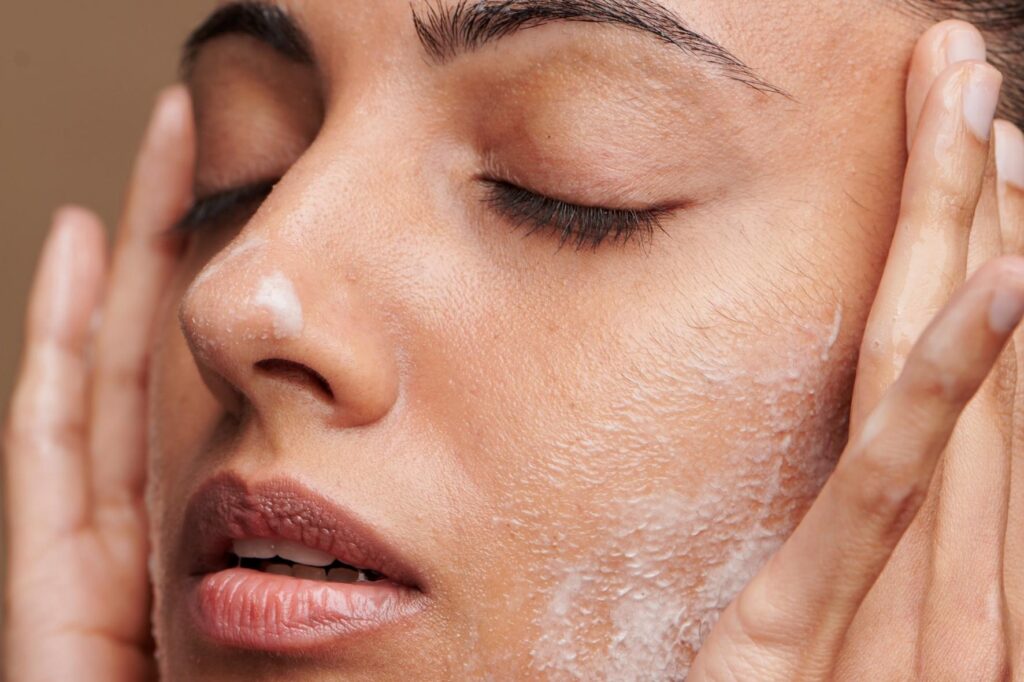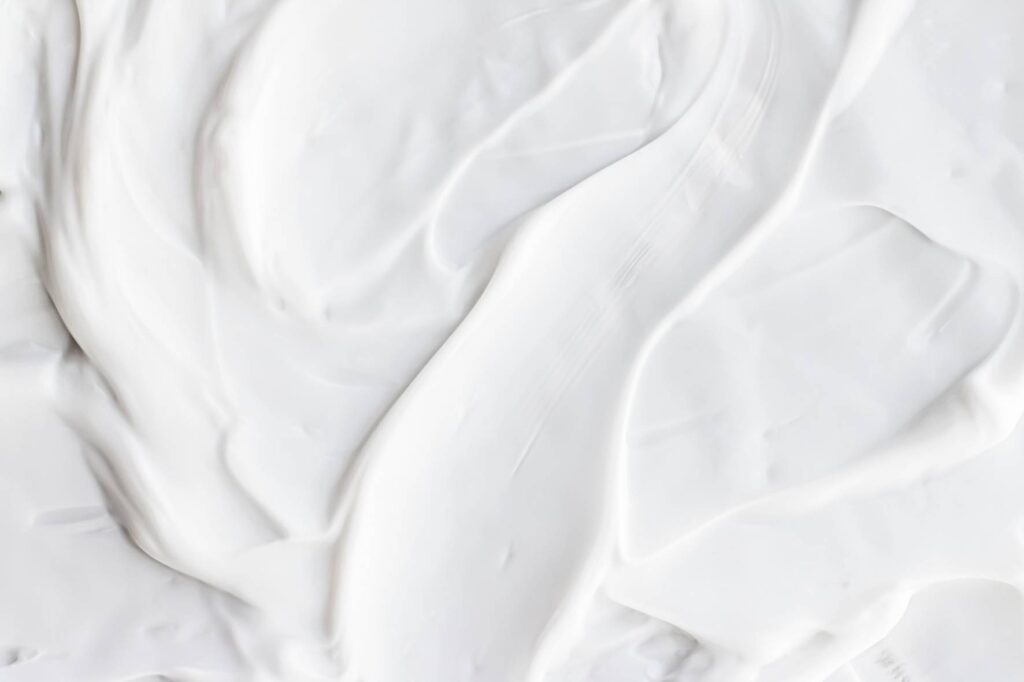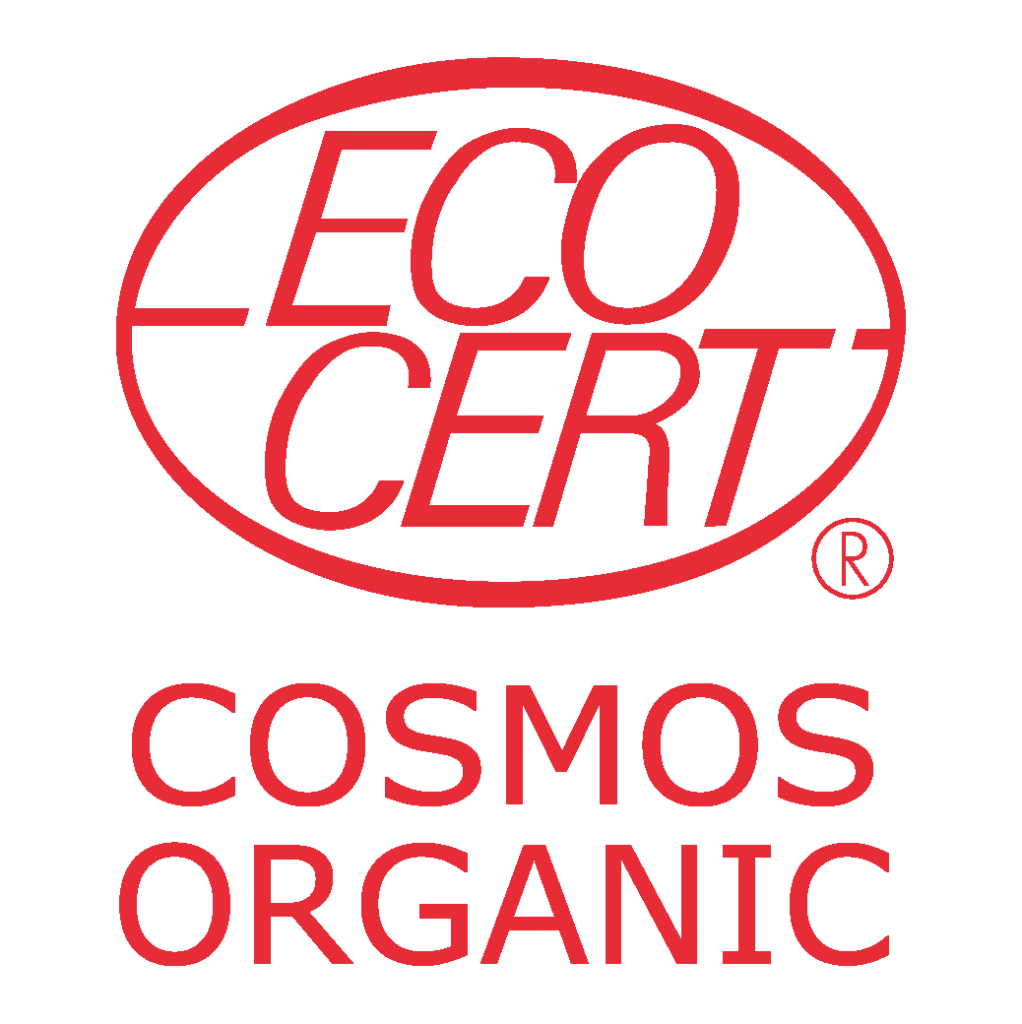With a growing number of consumers choosing natural skincare it is vital that we get meaningful legislation to protect us from misleading claims.
Natural skincare is in high demand across the world. Before the end of the decade the total market value for these products will likely exceed ten billion (Grandviewresearch, 2022). Yet, despite the popularity, there is a lack of government regulation. This is a problem because without strong rules the standards across the industry fluctuate and consumers suffer.
In the article we discuss the current state of the skincare industry and the attempt to introduce more legislation. Also, we talk about labels so you can identify genuinely natural and organic skincare products.



What is natural skincare?
A majority, if not all, of the skincare products you have at home will contain some form of plant extract. However, it does not mean they are all natural skincare products.
Even although natural skincare dominates the market, it is difficult to describe what it is. When you ask dermatologists and major brand ambassadors, you won’t get one clear definition. So, what exactly are we buying?
Natural skincare not only has to use natural ingredients but must process these ingredients in a specific way.
With natural skincare products we can expect two defining characteristics: firstly, the formula should not contain any synthetic ingredients. For example, the majority of natural skincare won’t use silicone, dyes or parabens, a chemical preservative used in cosmetics. The second characteristic is that the ingredients should come from natural, biological material such as rosemary or other herbs.
This second characteristic might seem like stating the obvious, however, this focus on using natural products extends to a wider respect for the natural world. One example would be avoiding animal testing.

The rules of natural skincare
No animal testing is one of the EUs legally binding rules for natural skincare. However, part of the problem for lawmakers is that manufacturers are rarely involved with the production of ingredients. Most of the active ingredients in personal care products are supplied by third party producers.
This lack of oversight from the manufacturers has led to the inconsistency in terms of defining and regulating natural ingredients. If the industry were more accountable for the production and growing processes we would see better outcomes.
Unreliable claims about natural ingredients
There is a set of EU laws in place to challenge the claims of skincare companies. Suppliers have to provide data about the active properties of their natural ingredients, so that marketing teams cannot invent claims on the label.
However, the laws, in their current state, cannot cope with rising number and variety of claims made about natural ingredients. The same is true in the US, where the cosmetic industry, unlike the food and drug sector, is not regulated by the FDA.
In 2018, US firm Tarte Cosmetics got into a dispute about the description on their labels. The case centred on the claim that a product line used ‘high performance naturals’, consumers felt misled by this statement because the products contained a mix of natural and synthetic ingredients. The plaintiff argued that, if a label used the word ‘natural’, the average consumer would assume the formula is 100 percent natural.
The Tarte case illustrates how consumers assumptions around skincare labels are often wrong. An independent consumer survey conducted in the UK, revealed that 76 percent of consumers felt misled by the labels on beauty and cosmetic products (Soil Association, 2017). The good news is there has been a push to change the industry through legislation. In the US, the Personal Care Act, if passed, would require cosmetic companies to sign up to FDA regulation.
Natural versus chemical
We all use skincare formulas everyday, so, it is crucial that we end all confusion about natural ingredients. More legislation will bring some clarity to the sector and hopefully end some senseless debates.
Without clear guidelines and definitions consumers can fall into some unhelpful traps. For example, consumers in some cases have an aversion to all chemical products. This is a problem because we should not think that all chemical products are bad and all natural products are inherently good. Poison ivy is a natural plant, but not so beneficial for your skin!
Learn about all the best natural ingredients
At Kumeia, we know what is good for your skin. So, if you are confused about any of the natural ingredients and plant extracts you see on labels, check out our herbal series blog.
The blog provides comprehensive and easy to follow notes on many of the herbs used in natural skincare. Our content gives you details about a herb’s properties, their uses and how you can cultivate and harvest them at home.
What certifications label to look for when buying natural skincare?
Where governing bodie壯陽藥 s have failed to regulate natural skincare, independent authorities have stepped in. Several quality control associations are working to make sure natural ingredients are robustly tested. These associations review company’s manufacturing processes and issue certificates to the ones who create genuinely natural and sustainable skincare products.
Here is a list of certifications to look out for:
Natrue
Natrue is an association based in Brussels that serves the European market, namely firms in Germany, France and the UK. Their stated aims are to be a voice for harmonised regulation given the ‘lack of a definition of Natural and Organic Cosmetics.’ (Natrue, 2022)

If you see a Natrue label on a product you know the natural ingredients ha犀利士 ve met with the association’s strict criteria. Natrue not only accesses skincare ingredients but also product packaging.
Cosmos
Cosmos offers training and consulting services as well as product certifications. They work with skincare companies and many other sectors including homecare and textiles companies. Like Natrue their services are available to European brands.

A Cosmos EcoCert label shows that a company is serious about sustainable practice. The label guarantees a product is natural in the fullest definition of the word – environmentally friendly production processing, respect of biodiversity, absence of petrochemical ingredients and recyclable packaging (Cosmos, 2022).
Demeter
Demeter started as a protest by farmers concerned about the rise in industrial scale agricultural practices such as the use of chemical pesticides. The group, almost 100 years later, continues to promote a unique farming philosophy, called ‘Biodynamics’, based on sustainability and social responsibility. This philosophy is at the centre of Demeter’s certification process.

To meet Demeter’s certification standards, farms have to adopt Biodynamic farming practices for example, protecting the nutrition value of the soil through crop rotation. Demeter provides certification for food producers and for the wine industry.
The EU encourages skincare firms to engage with these organisations because sustainability is important to buyers and consumers. This is a big step towards net zero, however, at Kumeia we join the voices calling for more regulation. We want all natural skincare products to be rigorously tested and for labels to be free of misleading language.






